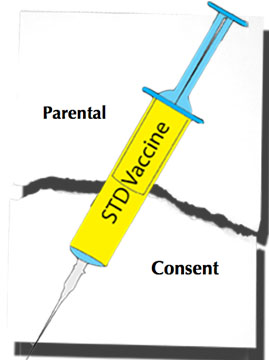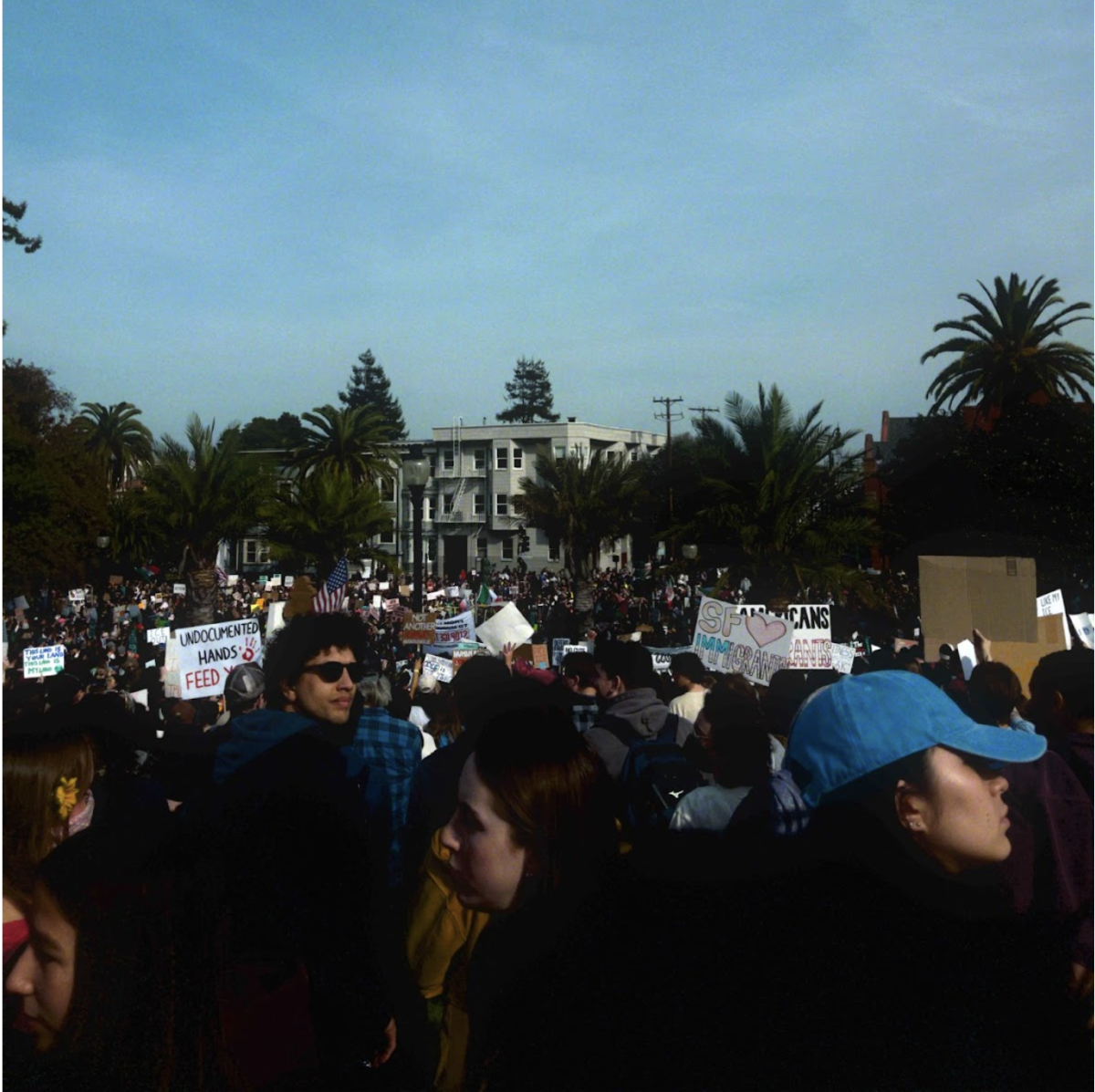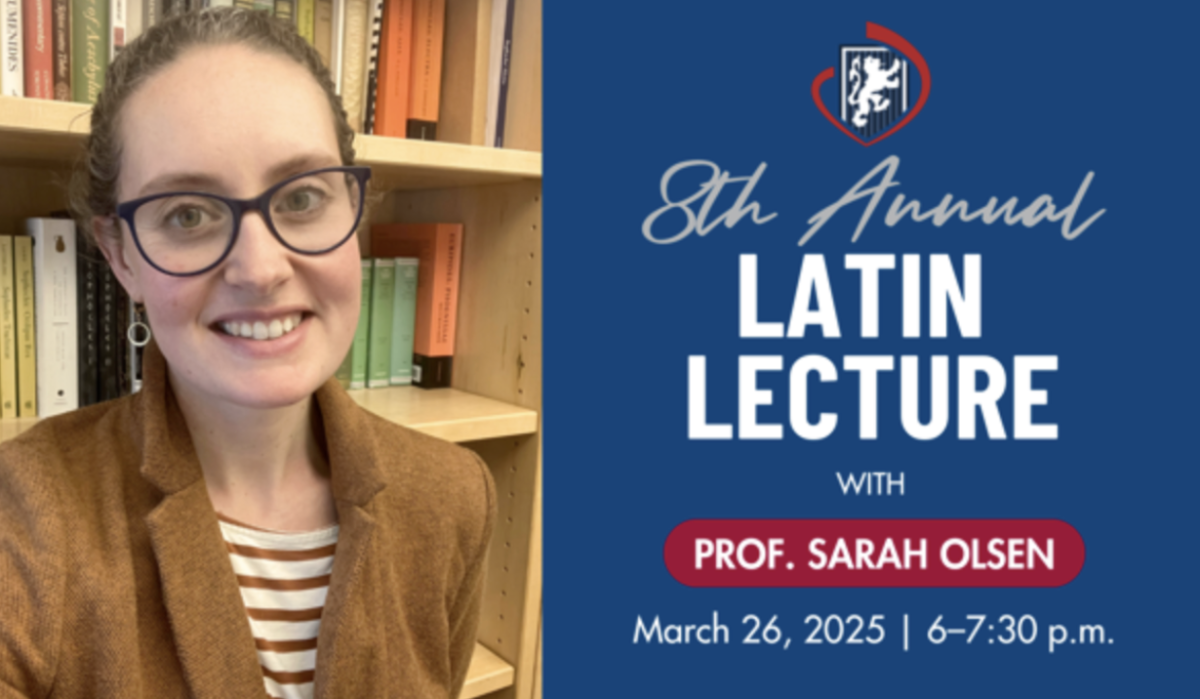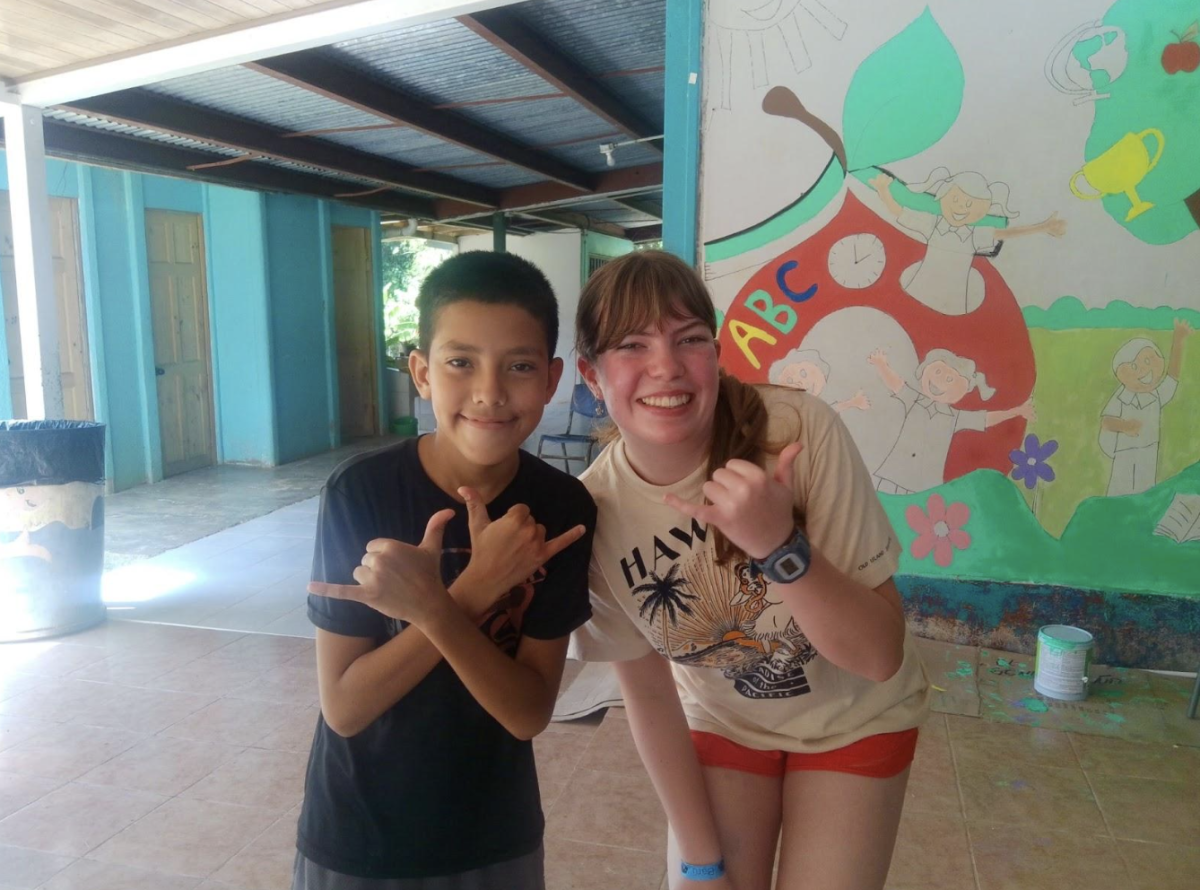Jewel Devorawood
Web Editor
Among the more than 140 bills Gov. Jerry Brown signed into law last month is Assembly Bill 499 which enables minors to receive services to prevent sexually transmitted disease without parental consent.
Current family legal codes §6925 and §6926 already allow teens and minors to consent to the diagnosis, prevention and treatment of pregnancy and the diagnosis and treatment of sexually transmitted diseases, but these codes fail to include prevention of STDs in general. Prior to the signing of the bill, minors aged 12-17 had to have parental consent to receive the HPV vaccine and the post-exposure prophylaxis medications to lessen the risk of contracting HIV.

“In 1964, a minor consent law allowed treatment and prevention of pregnancy,” said Shannon Smith Crowley, founder of Partners in Advocacy and a prominent promoter and supporter of AB 499. “The addition of the new bill will fill the gap in current law.”
The bill covers vaccination of the sexually transmitted infections including the Human papillomavirus, but also covers STD prevention and vaccinations that can prevent common STDs such as Hepatitis B and the human immunodeficiency virus.
HPV is one of the most common sexually transmitted infections, according to the Centers for Disease Control, which estimates approximately 20 million Americans are currently infected. The CDC recommends girls and boys ages 11-12 receive the three doses of one of the two vaccines, Gardasil or Cervarix, to build immunity to HPV before teens become sexually active.
“I think it’s important that girls respect themselves and stay healthy by protecting themselves,” said junior Madison MacCleod who just her first shot in the series.
New research published in the Journal of the American College of Cardiology links HPV with heart disease and strokes, giving a women a two to three times greater risk for heart attack or stroke if they carry the virus.
Heart disease is the leading cause of death in women in the United States, according to the CSH. Heart disease much like HPV, a “silent disease,” meaning patients are often show no symptoms that they have the disease.
AB499 also allows minors to forgo parental consent in obtaining PEP medications which must be taken within 72 hours of exposure for best results in preventing HIV, by reducing the infection rate by 79 percent.
The passing of this bill is not without controversy, with California’s Roman Catholic bishops speaking out and urging Gov. Brown, a Catholic, to veto the bill.
“This bill is one of the most egregious violations of parental rights, next to the right to provide abortions for minors without parent knowledge,” Bill May, chairman of San Francisco-based Catholics for the Common Good said about AB 499.
Skeptics of the bill also say allowing adolescents to be in control of their own sexual health will make condoms will be easier to receive, inevitably promoting sexual activity at young ages.
Defendants of the bill such as Assemblywoman Toni Atkins, who was very active in presenting the bill to the senate and other assembly members, say by providing not only resources to teens, health care providers can also counsel healthy relationships and teach ways to better involve parents in teens’ sexual health.
“Most parents want to be involved with their teens’ health care, and the good news is that most are,” said Atkins, “but there are many other teens that can’t or won’t involve their parents for a variety of reasons like personal safety. Currently, those minors have no other options for accessing STD prevention care.”
“The bills real benefit”, said Crowley, “is to provide information and education about a virus that impacts many lives.”















